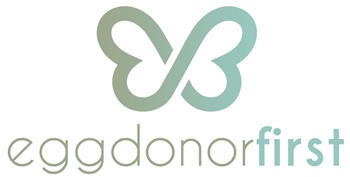Have you ever considered helping someone build a family? If you’re a young woman in good health, egg donation might be a rewarding option. But before you take the leap, it’s crucial to understand the legal aspects of egg donation.
Understanding Legal Rights & Responsibilities
One of the most important things to know is that in the US, egg donors generally do not have any parental rights to the child born from their donated eggs. The intended parents are legally recognized as the child’s parents.
This is typically established through a legally binding contract between the egg donor, the intended parents, and the fertility clinic. This contract outlines:
- Donor Compensation: The agreed-upon payment for your egg donation.
- Medical Procedures: The responsibilities of the clinic and the donor regarding medical procedures and screenings.
- Legal Relinquishment of Parental Rights: A clear statement that the egg donor relinquishes all parental rights to the resulting child.
Legal Protections for Egg Donors
While you may not have parental rights, you have certain legal protections:
- Informed Consent: You have the right to fully understand the entire egg donation process, including potential risks and benefits. Informed consent is crucial and should be obtained in writing.
- Medical Screening and Safety: Your health and safety are paramount. Comprehensive medical screenings are conducted for both you and the intended parents to ensure a safe and healthy process.
- Legal Representation: You have the right to seek legal counsel to understand your rights and responsibilities fully.
Addressing Common Concerns
- “What if I change my mind?” Once the eggs are retrieved, it’s generally not possible to reverse the donation process. It’s crucial to make an informed and thoughtful decision before proceeding.
- “What if there are complications?” While rare, complications can occur during the egg retrieval process. Rest assured that medical professionals are there to address any concerns and provide necessary support.
Conclusion
Egg donation is a deeply personal and significant decision. Understanding the legal aspects is crucial to ensure a smooth and ethical process for all parties involved. While you may not have parental rights, you have the right to make an informed decision and to have your health and well-being prioritized.
Disclaimer: This information is for general guidance only and should not be considered legal or medical advice. Specific legal requirements may vary by state. It is essential to consult with an attorney specializing in reproductive law for personalized legal advice.





